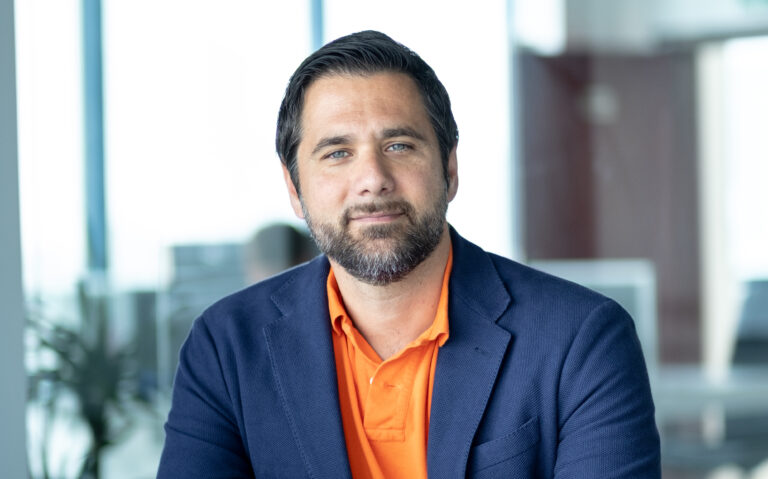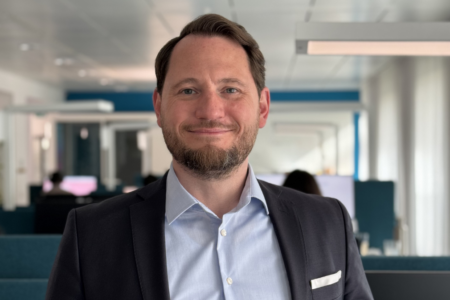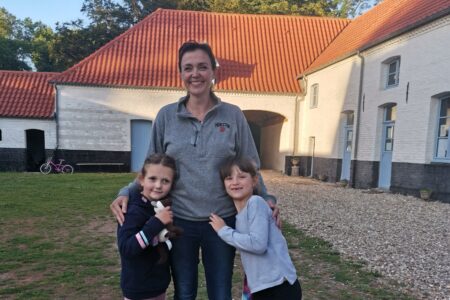
In 2018, The Guardian published an article titled “Scientists should be solving problems, not struggling to access journals.”
It’s a universal struggle, one that students working on assignments know well. Unless your university has subscribed to a platform, gaining easy access to online journals can feel like a journey of unending paywalls.
And when you have access to a journal, you are just not quite sure how to make the most of it.
A 2016 study found that students lacked proper knowledge of how to use information retrieval skills, had insufficient user education, and lacked computer knowledge and information communication technology in accessing information in the library.
It’s a problem that Kamran Kardan is familiar with.
“I remember being a student at university with access to many different resources and still having trouble figuring out how to use them,” says Kardan. “I knew how the technology behind the journals worked and how to search for what I needed, and still, I found it confusing.”
Having worked in the sales department of the Oxford University Press and in the higher education system with multiple publishers, Kardan knew he wanted to make an impact with his next career shift.

Despite being based in the Middle East, Kardan has his eyes set on the bigger picture of improving accessibility for people everywhere in the world. Source: Kamran Kardan.
The steps to making an impact with your career
Making a positive impact has always been what guided Kardan’s work.
This became obvious to him during his projects at the Integrated Information Network.
Things like being involved in a national project to translate Nature, the world’s leading multidisciplinary science journal, into Arabic or working to help build one of the most comprehensive university library collections in the world solidified his resolve.
“This was when digital transformations were beginning, and I remember the challenges of selling access to online resources,” he says. “So I thought, ‘What changes can I make?’ and maybe I could pursue that purpose of trying to raise awareness, build capacity, train, and provide additional services to communities and countries.”
In 2012, he founded Knowledge E with the simple mission of building a more knowledgeable world.
Since its inception, the platform has helped institutions advance the quality of their research, move towards teaching excellence, upgrade library technology, services, and practices, and advance scholarship through journal publication, management, and training.
In other words, as the site puts it, “working with higher education institutions, publishers, and scholars to solve our society’s most significant challenges.”
With over 200 industry partners, upwards of 350 clients served, and more than 30,000 researchers empowered, Kardan and Knowledge E moved on to tackle the next problem – helping students access the information they need.

The Knowledge E team (or Knowies as they like to be called), now with over 70 employees, is completely dedicated to promoting, sharing and developing knowledge and making it more accessible in line with the company’s vision of a more knowledgeable world. Source: Kamran Kardan.
How students can get easy access to online journals
In 2019, a year after The Guardian’s article was published, Knowledge E unveiled a new sub-platform: Zendy.
Unlike Knowledge E, which focuses on building a more knowledgeable world through organisations, Zendy is a more direct solution to the headache many students and scholars face – gaining easy access to scholarly research and literature.
“Everyone goes to Google because it’s easy to use, and then you have Google Scholar providing that experience of finding what you need easily, so from day one, you know that accessibility is important,” says Kardan.
Zendy was founded as a research library to help individuals read and download research from leading publishers. But affordable access to research isn’t the only thing it offers – it can help you make sense of it too.
“It’s really about breaking down the barriers to accessibility,” says Kardan. “So first you make it available, and then you have to make it more accessible to more people.”
With Zendy, the answer is in its personal AI assistant, ZAIA.
ZAIA’s introduction is this: “You can ask me any question, and I’ll analyse millions of research papers to give you credible responses backed by references. I can answer any research-related question.”
Neat, right?
It’s yet another way the platform is breaking down the barriers to accessibility.
“A lot of global challenges can be resolved by having a multidisciplinary, transdisciplinary, and interdisciplinary approach,” says Kardan. “For example, in healthcare systems, you need biologists, those in social sciences, economists, and all these other specialists to come together. It’s the same for any challenge, you need that collaboration between all these disciplines.”
Having ZAIA help dissect all these specialised topics makes research more accessible.
It’s not just a handy feature too — ZAIA is simply improving another aspect of accessibility: discoverability and helping people understand the information they find.
“In my mind, we can’t tackle all of them, but I have all these in mind. And when we talk about being accessible, we want to make that research accessible to anyone – it doesn’t matter if you’re not part of an elite university in an elite country; you should have the opportunity.”

While it hasn’t been an easy journey, Kardan is certain that there is potential in the business and hopes to extend his good work even more. Source: Kamran Kardan
‘No success overnight’
Despite being established for over seven years now, Kardan shares that Zendy remains an expense rather than a profit-making business for the company.
It’s a tough journey, but Kardan is well aware that success doesn’t happen overnight.
“I see the potential with that we have and it’s really following that dream and passion of making an impact,” he continues. “When we were a year into the work with Zendy, we saw over half a million users join the platform. That was a testament that many individuals need the resources, and we’re providing that.”
And combined with the offerings made by Knowledge E, Kardan is making the positive impact he sought to achieve from the start.
From training programmes for professionals and publishing services for authors, there’s no stopping Kardan and his team from doing more. They’ve even established the Knowledge E Foundation, which funds education projects, builds and renovates schools in remote areas around the world, contributes to disaster relief efforts, and more.
All this hard work and effort isn’t a means for Kardan to look back on his life and measure it by material success.
Instead, what matters to him is the lasting impact he’s made and the positive change he has helped create together with the passionate people around him.
“One of the most meaningful contributions we can make is to ensure lifelong learning opportunities for as many people as possible, empowering them to grow, evolve, and thrive. Towards a more knowledgeable world is more than just a company ethos — it’s a way of life.”










